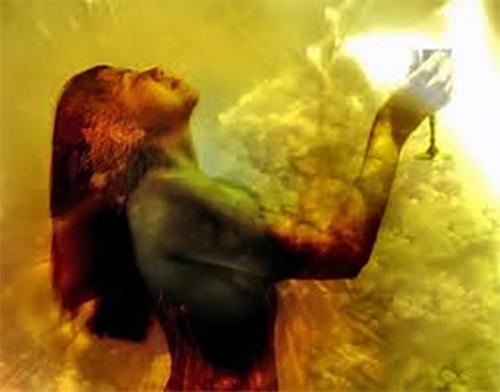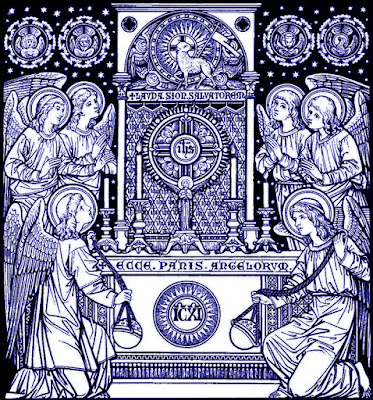Esotericism

Esotericism Esotericism or Esoterism signifies the holding of Esoteric Opinions or Beliefs, that is, ideas preserved or understood by a small group of those specially initiated, or of rare or unusual interest. The term can also refer to the academic study of Esoteric Religious Movements and Philosophies, and Religious Movements or Philosophies whose proponents distinguish their beliefs, practices, and experiences from mainstream Exoteric and more Dogmatic institutionalized traditions. The term derives from the Greek ἐσωτερικός (esôterikos), a compound of ἔσω (esô): "within", thus pertaining to interiority or mysticism. Its antonym is "exoteric".





